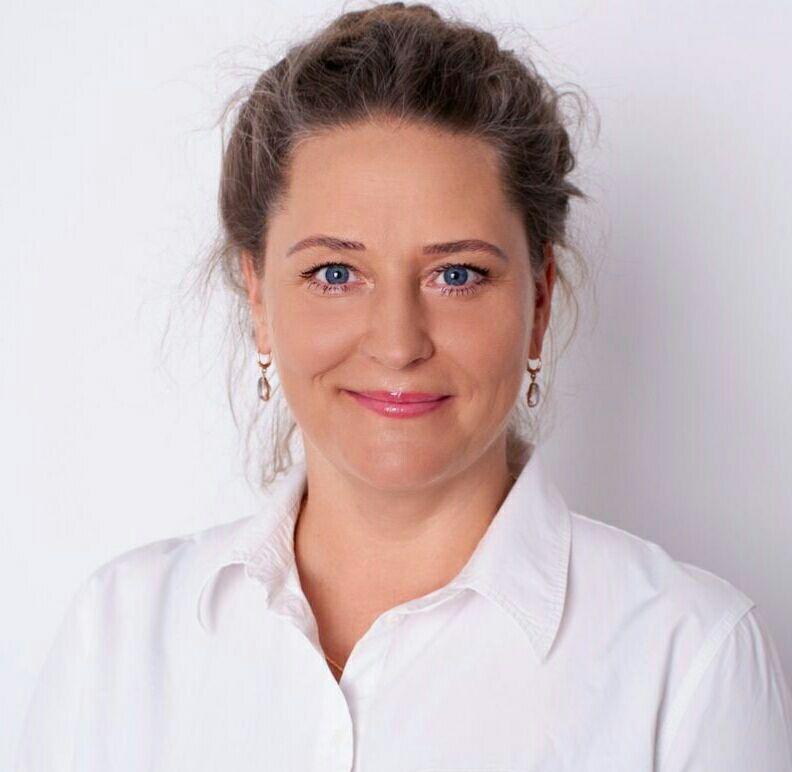
Ukrainian Agri Council (UAC) and the State Tax Service of Ukraine (STS) continue a joint project and study the issue of suspending of agricultural enterprises tax invoices registration. Olga Bohdanova, UAC Deputy Chairman of the Association for Tax Policy, is in charge for this question.
During August-September, active work was carried out with UAC participants, who had cases of tax invoices registration suspension in recent months. The farms provided the necessary information, which the tax specialists together with Olga Bohdanova analyzed. Deputy Chairman of UAC emphasizes that the reasons for suspending of tax invoices registration are different. However, as usual the problem arises because the accounting department of the farm cannot correctly and comprehensively convey to the tax service the information in their explanations.
"For example, there is a farm. According to the Law №973 "On Farm", the labor relations are based on the work of its members. However, The Article 1 of the Law №973 provides for the involvement of other citizens. According to the Article №27 of the Law, it can be carried out only to perform seasonal and individual work that is directly related to the farms’ activity and requires special knowledge or skills. That means AE has certain restrictions on employees. As a rule, such an AE involves contractors to the work - for example, field cultivation. But the accounting department may not provide this information, may not submit the necessary documents. What does the fiscal service see? It sees that AE with one employee and it is impossible to understand how and by whom the work is performed and classifies these operations as risky ones,” Olga Bohdanova explains.
The fiscal service also analyzes the norms of consumables use and does so in the context of each individual business entity.
"As usual, agribusiness owners have several businesses through which to operate. For example, Limited Liability Company (LLC) and Agricultural Enterprise (AE). It does not matter for the owner from which "pocket" to pay and on the balance of which enterprise to pay stocks. However, the fiscal service considers each payer separately; it means separately LLC and separately AE. For example, AE received income from VAT, and 88% of this VAT spent on fertilizers with VAT. On average, AE, according to the State Statistics Service, has 20% -30% of the cost of fertilizers. Of course, the fiscal service does not believe that the farm has bought so much fertilizer for itself and uses it in its economic activities. The owner explains that he has bought fertilizers for all fields – for field of LLC and AE. But these are different enterprises. The farm has to buy everything for itself, and if it wants to share it with the LLC, it has to sell it and charge VAT,” Olga Bohdanova explains.
There are also fuel consumption standards.
“On average, for 1 hectare we should use 50-120 liters of diesel fuel. In large holdings, this figure due to modern technology can be 40-70 liters. The tax service sets the range of norms of 80-120 liters. For example, we have a farm, which cultivates 300 hectares of land. It bought 54 thousand liters of fuel for them. It turns out 180 liters per 1 ha. It means it buys fuel not only for itself. And in terms of VAT, this is called optimization. And the tax is blocking such an enterprise," Olga Bohdanova said.
It will be recalled that UAC and the State Tax Service of Ukraine have launched a joint project, during which experts analyze the real reasons for suspending of agricultural enterprises tax invoices registration on real cases of UAC participants. UAC conducts training activities, which are aimed to improve the tax culture, provide knowledge that will allow you to forget about the problem of stopping the registration of tax invoices or adjustment calculations.
Monday, 26 October 2020